January 24th every year is dedicated by the United Nations General Assembly (UNGA) to celebrate the role of education for peace and development. The UNGA is interested in inclusive and equitable quality education and lifelong opportunities for all, so as to achieve gender equality and break the cycle of poverty that is leaving millions of children, youth and adults behind. What really are some of the factors responsible for this dip and how can these be remedied? What steps can be taken to improve the performance of the putative “leaders of tomorrow”? The Bible asks a germane rhetorical question where it says inter alia, “If the foundation be destroyed, what can the righteous do?” The righteous should carry out research to discover factors responsible for the new low in our educational system. Some of the identified and obvious factors responsible for the dip in quality include lack of proper monitoring of the educational sector, uninspired students and in some cases laziness, demotivated teachers, preponderant poverty, aloofness of parents and the negative debilitating effects of “Boko Haram” activists who for close to one and a half decades now, have been campaigning that Western education is a scam amongst other factors.
On its part, UNICEF recommended the following steps to improve the sector and I concur into:
Improve access to education through proactive measures to reduce the number of out-of-school children in the country which currently stands at over 20 million children
The Nigerian government should also provide safe, secure and violence-free learning environment for learning
It should scale up foundational literacy and numeracy programmes
Offer digital skills and employability skills to adolescents to facilitate the school to work transition
Increase domestic spending on education to 20 percent of the national budget as against the between 5 and 7 percent currently being spent on education
Employ a sufficient number of teachers and provide adequate classrooms and libraries
Provide teaching aids
Improve quality of teaching and learning at the basic foundational level
If political will is added to the above recommendations then our education will be reflated especially at the basic level. This requires all stakeholders to be active participants in the remedial efforts. By this I mean, government, teachers, students and parents/guardians. Parents will help by closely monitoring the progress of the students through regular reviews of the progress and supervised practice sessions. For illiterate parents, organising relevant home lessons will imbue children and wards with requisite skills.
I will also advocate organising an orchestrated advocacy campaign to trumpet the values of education and to counter the corrosive effect of the Boko Haram campaign and its corollary “School na scam” mantra, rampant amongst students in the country nowadays. In all, government and non-governmental organisations, as well as well meaning Nigerians should take steps to encourage reading and mathematics. They can do this by creating healthy competition amongst students and schools by sponsoring various competitions to boost reading and numeracy. Introduction of indoor games like Scrabble should be encouraged as creative leisure for students to develop love for words and improve their vocabulary. Finally, a stitch in time saves nine and so the government should declare a state of emergency in education to arrest the drift and save our future by making our future leaders competitive, resourceful and talented.





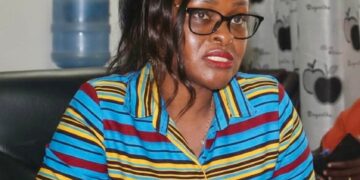
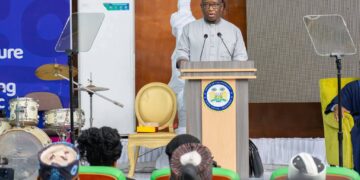
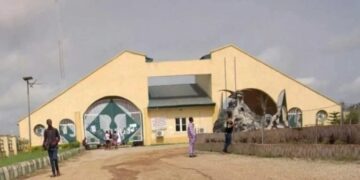























































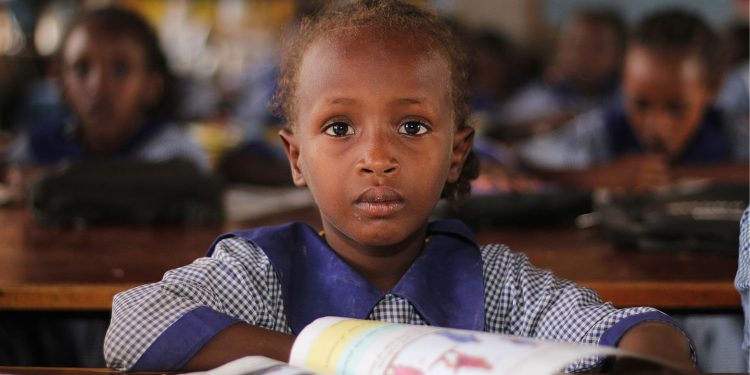






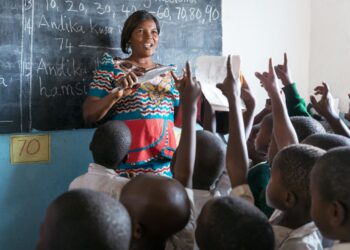

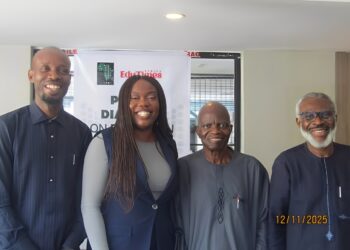











 EduTimes Africa, a product of Education Times Africa, is a magazine publication that aims to lend its support to close the yawning gap in Africa's educational development.
EduTimes Africa, a product of Education Times Africa, is a magazine publication that aims to lend its support to close the yawning gap in Africa's educational development.
